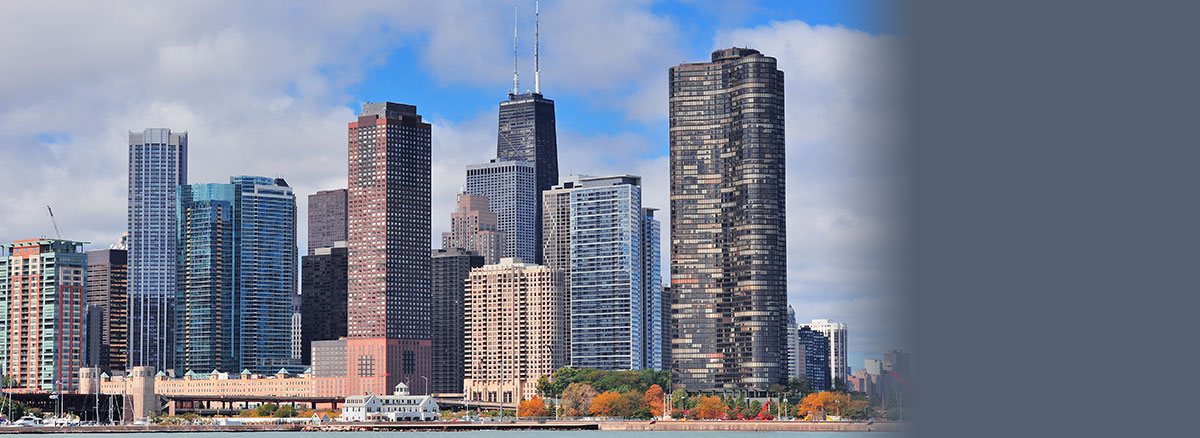
First District Appellate Court Decision Casts Doubt on Ability to Regulate Leasing of Units by Rule Rather than Declaration Amendment
The February 2016 decision of the First District Illinois Appellate Court in Stobe v 842-848 West Bradley Place Condominium Association has cast some doubt on the ability of an Illinois condominium board to limit leasing of units through its rule making authority. Article VII of the declaration in Stobe covered the “sale, leasing or other alienation” of units. It contained a statement that if a proposed unit tenant agreed to abide by the declaration, the board’s rules and the Condominium Property Act, the board would have no right of first refusal.
The leasing article of the Stobe declaration did impose specific restrictions on leasing for hotel or transient purposes or for terms of less than six months and imposed limitations on leases of parking spaces. The article did not expressly refer to the right of the condominium board to regulate leasing by rule. The court then stated: “With that said, article VII did not expressly state that owners had the right to lease their units either.”
The appellate court in Stobe affirmed the trial judge’s grant of summary judgment striking down the attempt of the condominium board to restrict leasing by rule, interpreting the declaration’s intent to be that owners had the right to lease their units without restrictions other than those specifically enumerated in the declaration. The Stobe court said: “As stated, the declaration expressed certain limitations on leasing. If owners had no right to lease their units, the enumerated limitations would be meaningless.”
The court went on to point out: “The article on leasing did not specify that it was subject to further regulation by the Board, unlike other provisions in the declaration that did. While this omission would not alone require a determination that owners possess leasing rights, the declaration’s intent is clear when considered in its entirety: Unit owners have the right to lease their units subject to the declaration’s limitations.”
Feel free to contact a Logan Law, LLC condominium attorney, if you have any questions regarding the ability of your condominium board to impose rules restricting leasing or if you need assistance or advice regarding other areas of condominium law.
Appellate Court Confirms Right of Tenant to Attorney Fees in RLTO Counterclaim
An August, 2015 Illinois Appellate Court decision has confirmed that a Chicago tenant who successfully prosecutes a counterclaim in an eviction action for damages under Chicago’s Residential Landlord and Tenant Ordinance (RLTO) is entitled to an award for the tenant’s attorney fees. The First District Appellate court in Shadid v Sims rejected the landlord’s argument that RLTO only provides for an award of attorney fees where a tenant prevails in a separate action initiated by the plaintiff.
In the Shadid case, the plaintiff landlord had filed what the court characterized as a “garden-variety eviction lawsuit” for non-payment of rent. The tenants counterclaimed alleging various violations of RLTO. After a bench trial, the lower court ruled that the tenant had met their burden of proving a RLTO violation and that they were entitled to a full offset of the rent then owed. The Court then granted the tenants the right to file a Petition for Attorney Fees, which they did, seeking $9,878. The landlord argued that the tenants were not entitled to attorney fees because they were not the plaintiffs; rather they were defendants and counter plaintiffs. The trial court agreed and dismissed the Petition for Attorney Fees. The appellate court reversed the trial court decision and remanded the case to the trial court with instructions to grant the Petition and award the tenants reasonable attorney fees under RLTO.
Feel free to contact an experienced Illinois landlord eviction law attorney at Logan Law, LLC if you have questions about how to properly serve eviction notices or any other area of the laws governing landlords and tenants.








